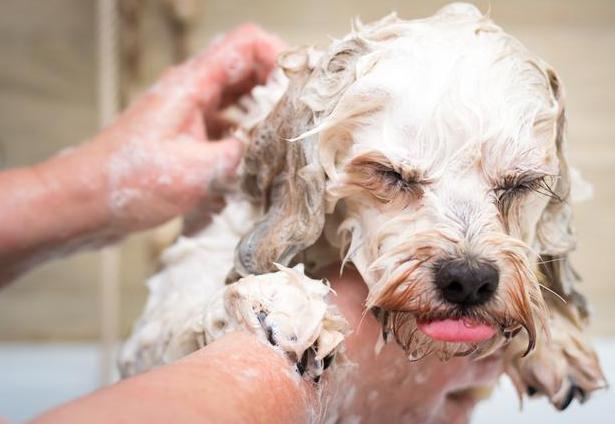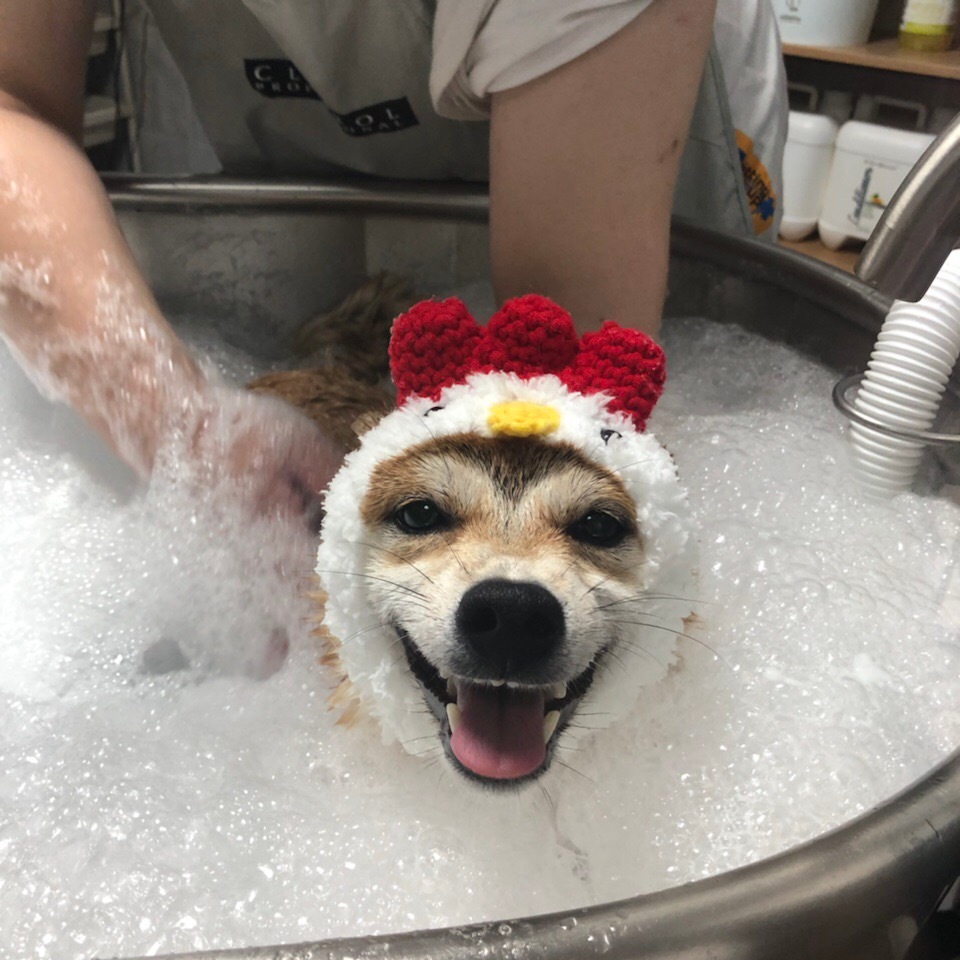We’ve all been there: you give your dog a thorough bath, only to find that they still have an unpleasant odor. It’s frustrating, especially after you’ve spent time and effort to get them clean. So, why does your dog still smell after a bath? In this article, we’ll explore the common reasons behind lingering dog odors and provide practical tips to help keep your furry friend smelling fresh.
Thank you for reading this post, don't forget to subscribe!
Common Reasons for Lingering Odors
Skin Conditions
One of the most common reasons your dog might still smell after a bath is an underlying skin condition. Conditions like dermatitis, yeast infections, and bacterial infections can cause persistent odors.
Key Points:
- Dermatitis: Inflammation of the skin can lead to strong smells.
- Yeast Infections: Often produce a musty odor.
- Bacterial Infections: Can cause foul-smelling discharge.
Ear Infections
Dogs with floppy ears, like Cocker Spaniels and Basset Hounds, are more prone to ear infections, which can produce a strong, unpleasant odor. Even after a bath, the smell can linger if the infection isn’t treated.
Key Points:
- Symptoms: Scratching, head shaking, and odor from the ears.
- Treatment: Regular cleaning and veterinary care.
Dental Issues
Bad breath can be another source of lingering odor. If your dog has dental issues such as periodontal disease, tooth decay, or gum disease, their breath might still smell bad even after a bath.
Key Points:
- Signs: Bad breath, excessive drooling, and difficulty eating.
- Prevention: Regular brushing and dental check-ups.
Anal Gland Problems
Dogs have anal glands that can sometimes become impacted or infected, leading to a very distinct and unpleasant smell. This smell can persist even after bathing if the issue isn’t addressed.
Key Points:
- Symptoms: Scooting, licking the rear end, and a strong odor.
- Solution: Regular vet visits to express the glands.
Poor Rinsing
If shampoo residue remains on your dog’s coat, it can attract dirt and bacteria, leading to odors. Ensuring that you thoroughly rinse all shampoo from your dog’s fur is crucial.
Key Points:
- Thorough Rinsing: Rinse until the water runs clear.
- Quality Products: Use dog-specific shampoos and conditioners.

How to Combat Lingering Odors
Regular Grooming
Regular grooming can help manage and prevent odors. This includes brushing your dog’s coat, trimming their nails, and keeping their ears and teeth clean.
Key Points:
- Brushing: Removes dirt and loose fur.
- Ear Cleaning: Prevents infections.
- Dental Care: Keeps breath fresh.
Dietary Considerations
Believe it or not, your dog’s diet can affect their odor. High-quality food with natural ingredients can promote a healthier coat and reduce odors.
Key Points:
- Quality Diet: Choose food with natural ingredients.
- Hydration: Ensure your dog drinks plenty of water.
Personal Anecdote
I once had a conversation with my friend Anna, who owns a beautiful Labrador named Max. She was frustrated because Max still smelled bad after every bath. During our chat, she shared, “I tried everything, but nothing seemed to work. Then I took Max to the vet, and it turned out he had a yeast infection in his ears. Once we treated that, the smell finally went away!” This experience taught me the importance of looking beyond the surface and considering potential health issues.
Professional Help
Sometimes, despite our best efforts, we can’t pinpoint the cause of our dog’s odor. In such cases, seeking professional help from a vet or a professional groomer can be beneficial.
Key Points:
- Veterinary Check-ups: Regular vet visits can catch underlying issues early.
- Professional Grooming: Ensures thorough cleaning and care.
Home Remedies
For a quick fix, some home remedies can help reduce odors. These include apple cider vinegar rinses and baking soda baths. However, always consult your vet before trying new treatments.
Key Points:
- Apple Cider Vinegar: Can help balance skin pH.
- Baking Soda: Effective for neutralizing odors.
Conclusion
Understanding why your dog still smells after a bath can be challenging, but identifying and addressing the underlying causes is crucial for maintaining their health and happiness. From skin conditions and ear infections to dental issues and diet, various factors can contribute to lingering odors. By following proper grooming practices, ensuring a healthy diet, and seeking professional help when needed, you can keep your dog smelling fresh and clean.
Remember, if the smell persists despite your best efforts, it’s always a good idea to consult with your vet. They can provide a thorough examination and identify any health issues that might be causing the odor. With the right care and attention, your furry friend will not only look clean but also smell great!
Investing time in understanding and addressing your dog’s specific needs will pay off in the form of a happy, healthy, and pleasantly fragrant companion.
